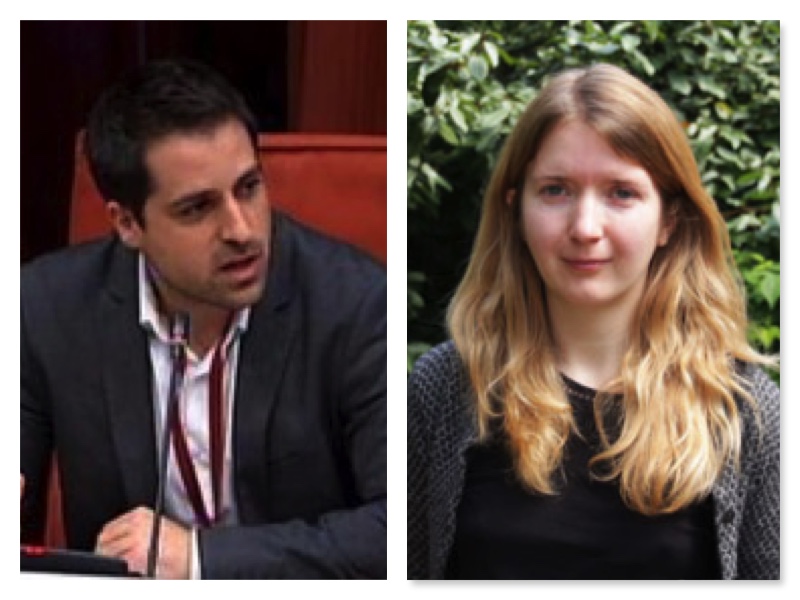
In our view, OPERA is the most developed framework to monitor the fulfillment of socioeconomic rights. We want to share one initiative and three takeaways related to OPERA.
First, the initiative. In partnership with Nourish Scotland, Just Fair, the Institute of Health and Society of Newcastle University, and the Baring Foundation, Sustain is building a network to enhance the right to food in Britain. The OPERA framework is helping us generate a snapshot of the enjoyment and progressive implementation of the right to food in our country, a picture that we need to paint in order to advocate for the change we want to see in society.
Using OPERA, our work has not only identified gaps in policy and legislation, but also gaps in data collection. National data collection is necessary to measure progress or retrogression of rights. However, unlike many other countries in the Global North and despite public pressure, the UK government does not measure household food insecurity on a national scale. However, independent research has supported claims that recent tax and welfare reforms have caused an increase in poverty and destitution, including food insecurity.
Not everyone is affected equally by policy changes. Disaggregated studies indicate that the prevalence of malnutrition upon admission to hospital was highest in women over 65, and people with disabilities and mental health issues are among the most likely to be accessing emergency food aid.
Another gap OPERA helped identify was the lack of open and active participation in the development of policy and legislation. Organized civil society is bridging this gap through projects like the Food Power Programme, which highlights the importance of involving experienced experts to develop effective long-term solutions to tackle food poverty.
There are three main takeaways from this work and other examples that we would like to share with the hope that they inform the future development of OPERA:
Just Fair has authored the chapter on SDG10 in the first ever review of the UK’s realization of the SDGs. Whatever source and focus, transparency is mandatory. For example, relying on publicly available datasets, the thorough cumulative impact assessment by the Equality and Human Rights Commission (the national human rights institution of England, Wales and partially Scotland) has shown that the poor have borne the cost of tax and social security reforms since 2012. The private Institute for Fiscal Studies has reached similar conclusions.
Takeaway No. 2. Comparative analyses based on a large number of cases (large-N) are valuable, but should be complemented with studies by independent researchers and civil society.
Quantification adds value to human rights by allowing advocates to identify and describe systemic deprivations. OPERA in particular allows advocates to locate and measure gaps in data collection and policy development.While indicators, benchmarks and other types of quantitative data provide the “body” of facts and figures necessary to support ESCR, every body needs a face.The human “face” that interviews and testimonies provide is crucial to conveying the impacts of rights deprivations. In fact, there is no better way to defend social rights than to hand a megaphone to the people who are most affected by inequality, public spending cuts and social exclusion.The OPERA analytical framework gives human rights advocates the opportunity to amplify this voice with their work.